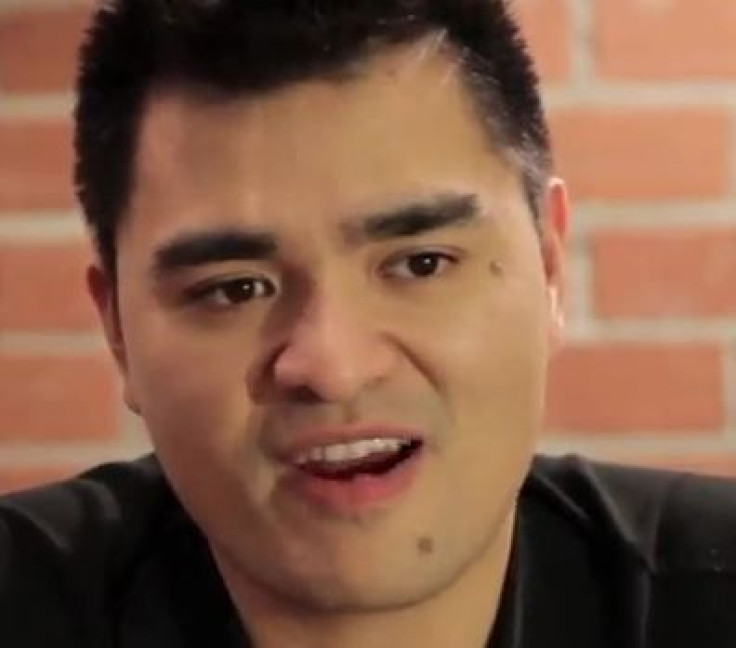Pulitzer Prize-winning Jose Antonio Vargas - I'm an illegal immigrant to Define American [VIDEO]

A Pulitzer Prize-winning journalist Jose Antonio Vargas revealed his identity as an undocumented immigrant.
Vargas, who was former Washington Post reporter and senior contributing editor for The Huffington Post, made public what he expressed as a secret he had kept for nearly two decades. His first-person account went online today in Sunday's edition of the New York Times.
One August morning nearly two decades ago, my mother woke me and put me in a cab. She handed me a jacket. Baka malamig doon were among the few words she said. (It might be cold there.) When I arrived at the Philippines' Ninoy Aquino International Airport with her, my aunt and a family friend, I was introduced to a man I'd never seen. They told me he was my uncle. He held my hand as I boarded an airplane for the first time. It was 1993, and I was 12, Vargas stated.
Vargas attended high school in America, where he learned English. As he tried to get a driver's peromit at age 16, Vargas learned his papers were fake.
While he tried to convince himself of his identity as an American over the past decades, living the American dream,I am still an undocumented immigrant, Vargas said.
And that means living a different kind of reality. It means going about my day in fear of being found out. It means rarely trusting people, even those closest to me, with who I really am. It means keeping my family photos in a shoebox rather than displaying them on shelves in my home, so friends don't ask about them. It means reluctantly, even painfully, doing things I know are wrong and unlawful. And it has meant relying on a sort of 21st-century underground railroad of supporters, people who took an interest in my future and took risks for me.
The man who brought Vargas to the U.S. was a coyote, not his uncle as he believed, and was paid $4,500 to smuggle Vargas under a fake name and fake passport, with which his Social Security number was applied.
There are believed to be 11 million undocumented immigrants in the United States. We're not always who you think we are. Some pick your strawberries or care for your children. Some are in high school or college. And some, it turns out, write news articles you might read. I grew up here. This is my home. Yet even though I think of myself as an American and consider America my country, my country doesn't think of me as one of its own.
The journalist's future in the U.S. is now unclear. He has launched a website, Define American, which will seek to campaign on the immigration debate and press for the passage of the Dream Act, which aims to grant permanent residency to some illegal alien students who have graduated from US high schools.
On the website, its about page casts questions at the viewers,
Our campaign is about asking: How do we define an American? Why do people come to this country? Who are the American citizens who help them? When it comes to undocumented immigrants, what would you do? As a teacher? A friend? A mother?
For sure, Vargas has brought new voices into the immigration conversation as the website intends.
What is your definition of American?
© Copyright IBTimes 2024. All rights reserved.











